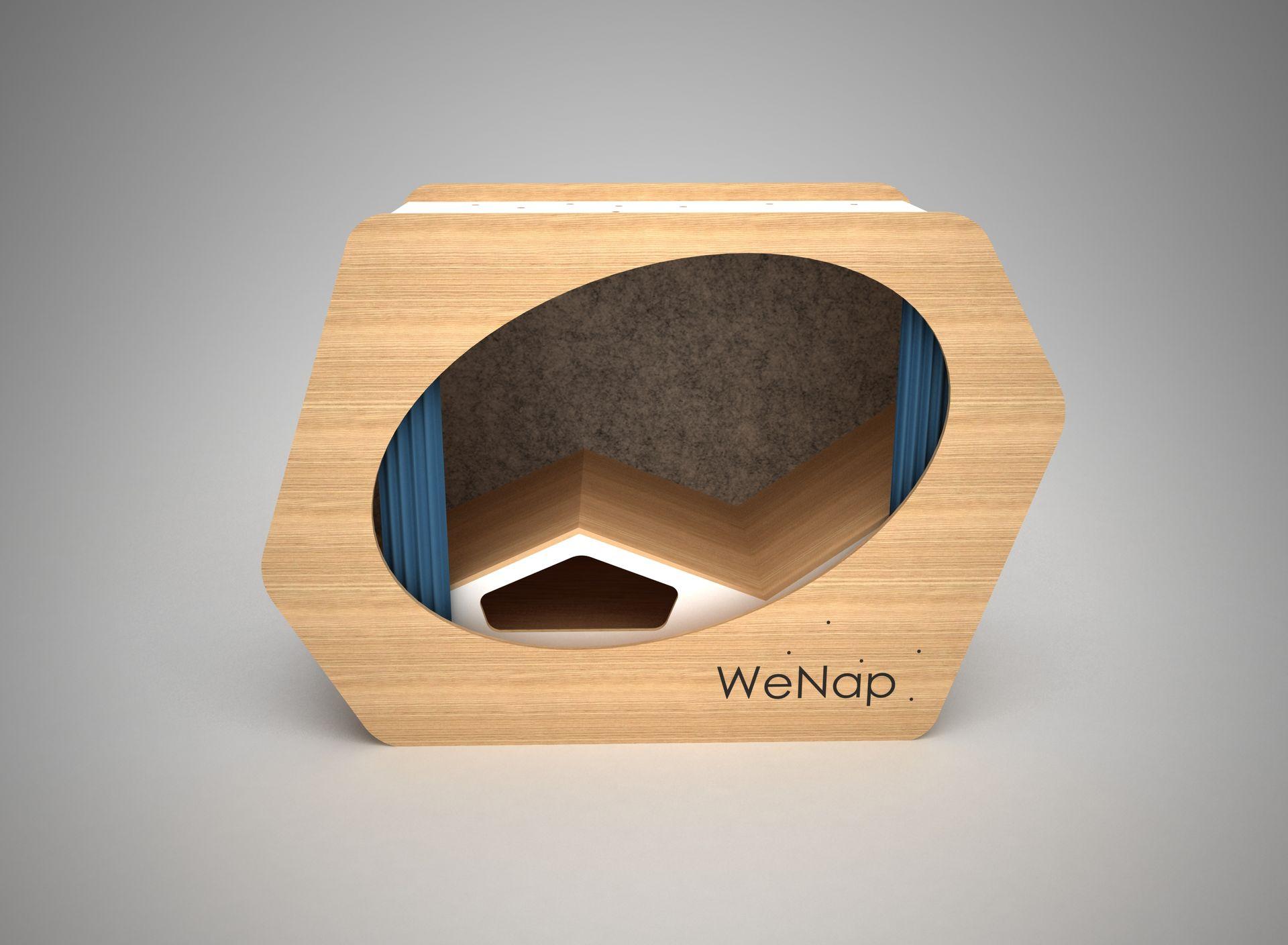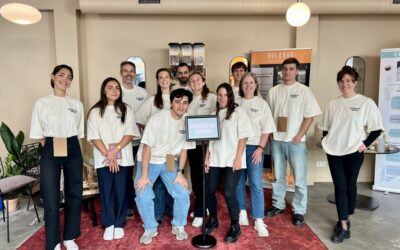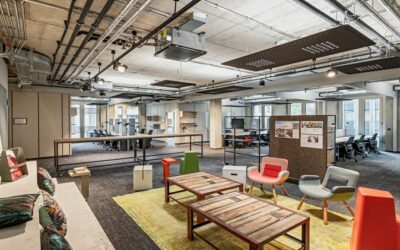The professional world is evolving fast. Companies are facing new challenges related to fatigue, stress and declining focus among employees. As productivity and well-being become strategic priorities, workplace napping is emerging as a key practice to boost performance and improve quality of life at the office.
Why workplace napping is becoming essential
Napping was once seen as a habit limited to Asian countries or innovative startups. Today, it’s making its way into large corporations around the world. Companies like Google, Nike, Orange and Airbus have already adopted the practice by installing dedicated rest areas (often in the form of nap pods) to offer employees effective and restorative breaks.
The benefits of office naps are backed by science. A NASA study found that a 20-minute nap increases alertness by 54% and cognitive performance by 34%. According to Inserm, 78% of workers experience a drop in concentration mid-day, directly impacting productivity and focus.
The proven benefits of workplace napping
Fatigue is one of the leading causes of reduced performance at work. Structured rest during the day can reverse this trend and boost overall employee efficiency.
Better focus and higher productivity
A short nap quickly recharges mental energy and improves attention. Harvard research shows that employees who nap during the day perform 30% better on tasks requiring problem-solving and decision-making.
Reduced stress and improved well-being
Napping lowers cortisol, the stress hormone, helping regulate emotions and foster a healthier work atmosphere.
Enhanced memory and creativity
Just 10 to 20 minutes of rest can help the brain organize information and support creative thinking.
Fewer errors and reduced risk
In fields like finance, engineering or aviation, low alertness can lead to costly mistakes. The European Agency for Safety and Health at Work reports that 58% of European workers suffer from excessive fatigue, increasing the risk of accidents and poor decisions.
Nap pods: a practical and ergonomic office solution
While the benefits of napping are clear, its implementation at work requires proper setups. Napping at your desk or in a chair is rarely effective. That’s where nap pods – also called recovery pods or rest pods – make a real difference.
These pods are designed to offer a quiet, private and ergonomic space for restorative micro-naps without interruption. Already present in many companies, they enable effective breaks while respecting workplace organization.
Key features make nap pods ideal for modern offices:
Sound and visual isolation
Shielded from noise and distractions, these pods allow for deeper relaxation.
Ergonomic seating and adjustable reclining
Unlike traditional chairs, these pods let employees adopt a position that supports real rest.
Relaxing environment with soft lighting
Some models include ambient lighting and calming sounds to enhance mental recovery.
Built-in wellness tech
Advanced pods feature guided meditations, breathing programs and well-being tips to make each break more effective.
The Wenap nap pod
Companies like WeNap offer nap pod solutions built for the workplace, helping employees take better, more restorative breaks.
With its ergonomic design and noise-reducing features, the Wenap pod helps users disconnect from stress and recharge through peaceful naps. Its intuitive booking system and optional audio features make it a valuable addition to any workplace well-being strategy.
How to integrate nap pods into your workplace
Successful integration of nap pods starts with a clear, thoughtful strategy. The goal is to support rest without disrupting workflows.
Create a dedicated space
Design a quiet, easily accessible area, ideally separate from open spaces, such as a break room or wellness zone.
Foster a culture of active recovery
Educate employees on the benefits of napping and break the stigma around it.
Use a booking system
To optimize access, many companies use a digital reservation tool that lets staff schedule their recovery time.
Measure the impact
Monitor productivity metrics before and after implementing nap pods to refine your approach and maximize benefits.
Organizations like Google, SAP and Orange have already introduced nap spaces, reporting increased motivation and better team performance.
A smart investment for modern companies
Investing in nap pods isn’t just about workplace design. It’s a strategic move to enhance employee performance and well-being. A Deloitte study found that every euro invested in quality of work life yields a return of 4,4€.
Less absenteeism
Rested employees are less prone to chronic fatigue and stress, resulting in fewer sick days.
Greater engagement and performance
Employees with full mental and physical capacity are more efficient, motivated and committed to their work.
Stronger talent retention and appeal
Offering innovative rest areas helps attract and retain talent, especially among younger generations seeking better working conditions.
Toward widespread adoption of nap pods in the workplace
Workplace napping is becoming a critical factor in performance and well-being. With nap pods, companies offer employees structured, effective breaks that align with today’s work demands.
The benefits are clear: better focus, less stress, and higher productivity. They make these rest spaces a smart, sustainable move for HR and leadership teams.
Companies that embrace this shift gain a competitive edge by building healthier, more focused and more engaged teams.
Published on 18/04/2025












